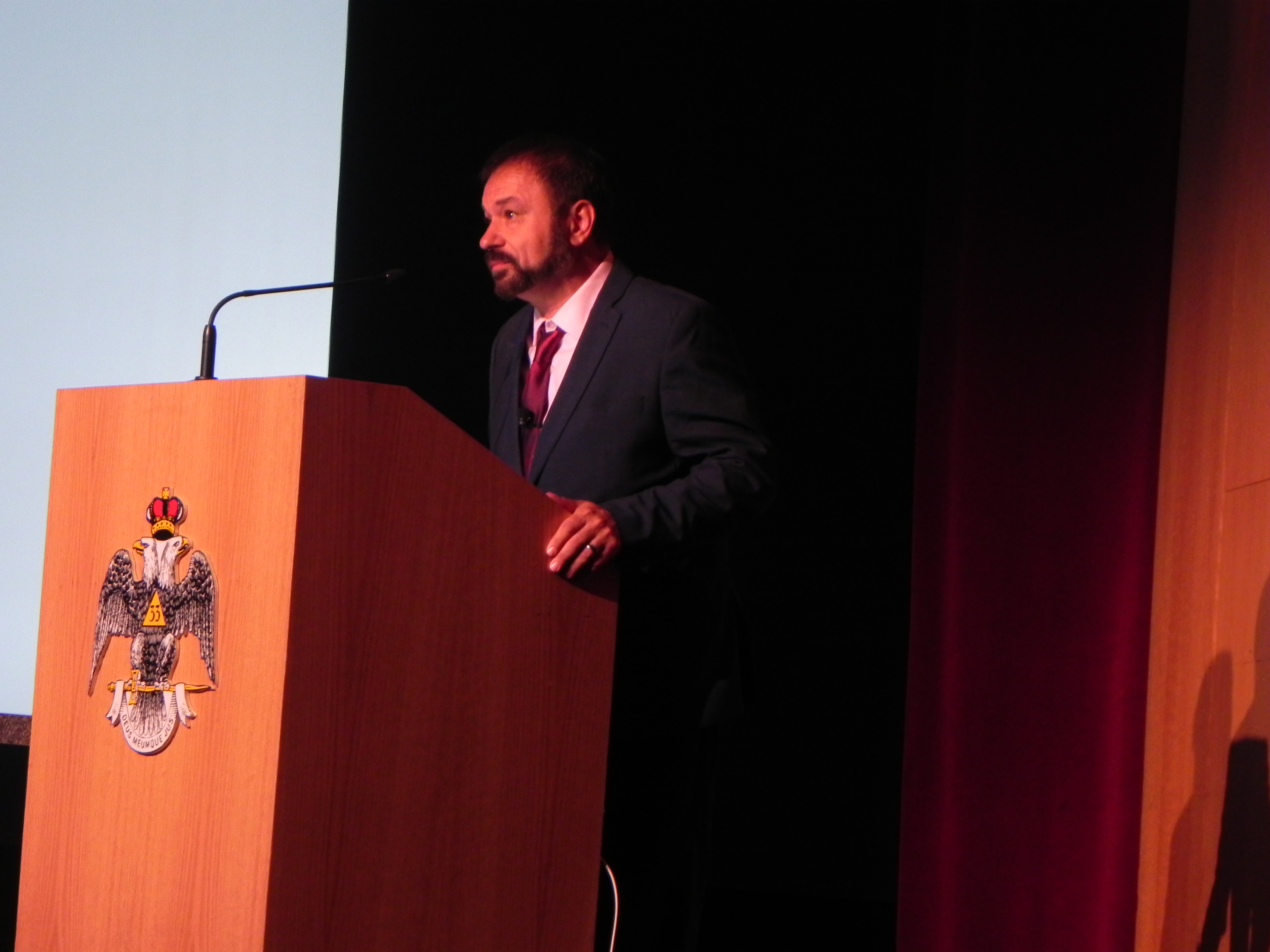
Critically acclaimed documentary filmmaker Bared Maronian is pledging to shed light on the unknown in his latest production Women of 1915. On Sunday evening in Lexington, Massachusetts, Maronian shared a screening of the documentary, which highlights the plight and survival of Armenian women during the Armenian Genocide.
Since Armenia is a traditionally patriarchal society, it is rare to see the focus on women’s perpetual influence on the survival of the Armenian people. “It’s really inspiring,” said Sophia Goulopoulos, whose iPhone background blends the Greek flag inside the blue stripe of the Armenian flag. “You don’t hear about the women as much as you hear about the men. They had a really important part in it [the Armenian Genocide].”
“That’s why we haven’t put our women on pedestals, historically speaking,” said Maronian, who discovered that women—even non-Armenian women—were almost always behind the rescue of every child in the aftermath of the genocide. “The hands-on nurturing…of the children was a woman. They [missionaries, social workers, and volunteers] flocked into the killing fields and put their lives in danger.”
These heroes are important to Goulopoulos’ grandmother Arpineh Metrebian, who said she has never in her lifetime seen a movie concentrate on Armenian women. “These poor souls suffered so much,” said Metrebian. “These films are important for the younger generation so they can see what our people endured.”
Sunday’s screening of Women of 1915 was an abridged version of the 94-minute film. It was divided into several chapters—artful and emotional introductions to survivors, mothers, witnesses and freedom fighters. Audience members learned about women like Maria Jacobsen, who became a mother to hundreds of orphans of the genocide including Sir Vartan Melkonian, who is now a world-famous conductor. In the documentary, Melkonian said he found refuge in Jacobsen’s hug and her orphanage known as the “Bird’s Nest”—said to be the only remaining operational orphanage from the genocide.
Maronian’s documentary also offered insight into what the average Apple customer may not know about its inventive designer—Steve Jobs. His adoptive grandmother was Victoria Artinian, a survivor of the Armenian Genocide. Maronian said it took his team nine months to track down photos of Artinian since Jobs’ family was not ideally cooperative at the time.
The event was organized by the Armenian International Women’s Association, Inc. (AIWA) and the Armenian Women’s Welfare Association (AWWA). The groups raised more than 18-thousand dollars for the Women’s Support Center of Yerevan and Hanganak Elderly Clinic of Stepanakert.
“For such is the power of documentaries,” said organizing committee chair Nicole Babikian Hajjar, “to improve our understanding of historical events by revealing acts of kindness and heroism in the face of adversity.”
Maronian has a few projects in the pipeline including Titanic Love, a documentary that tells the story of two Armenian passengers who survived the sinking of the Titanic. Maronian was also in Yerevan this past spring for what is now known as the Velvet Revolution. He shared some of his impressive ground and aerial footage of the masses peacefully resisting the regime in what Maronian described “the most obedient, civil disobedience [he] has ever witnessed.”
In his final remarks, Maronian said, “Yes, you can change an oligarchy regime without shedding blood. This is the message that they introduced to the world: the blueprint of a non-violent revolution. That will be the message of the film.”



1915 is never forgotten for my & others worth to commemorate the Armenian genocide done by the criminal Turkish regime of international humanitarian crimes by the officially recognized documentaries & statements is the real sense for the forgotten victims to pray and visit by international recognition of humanitarian justice